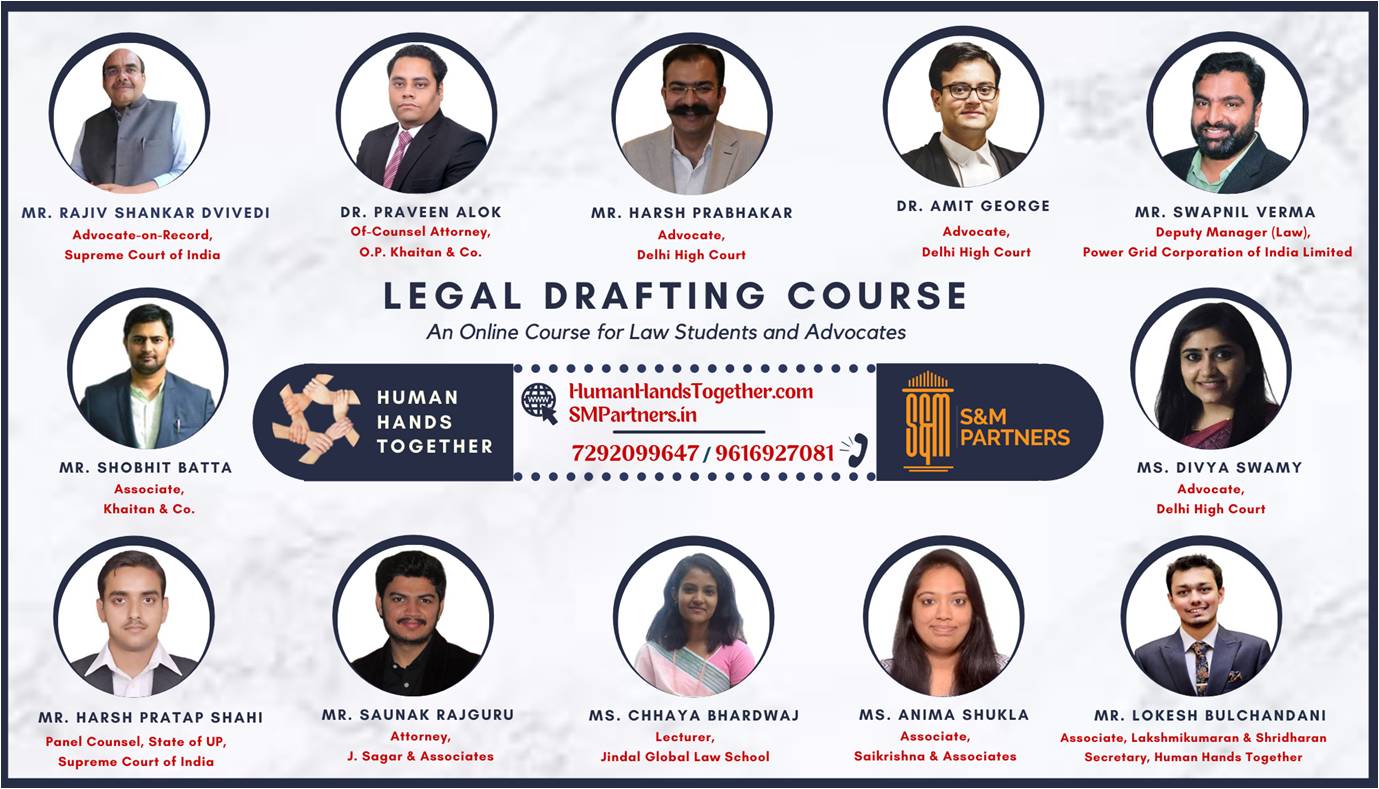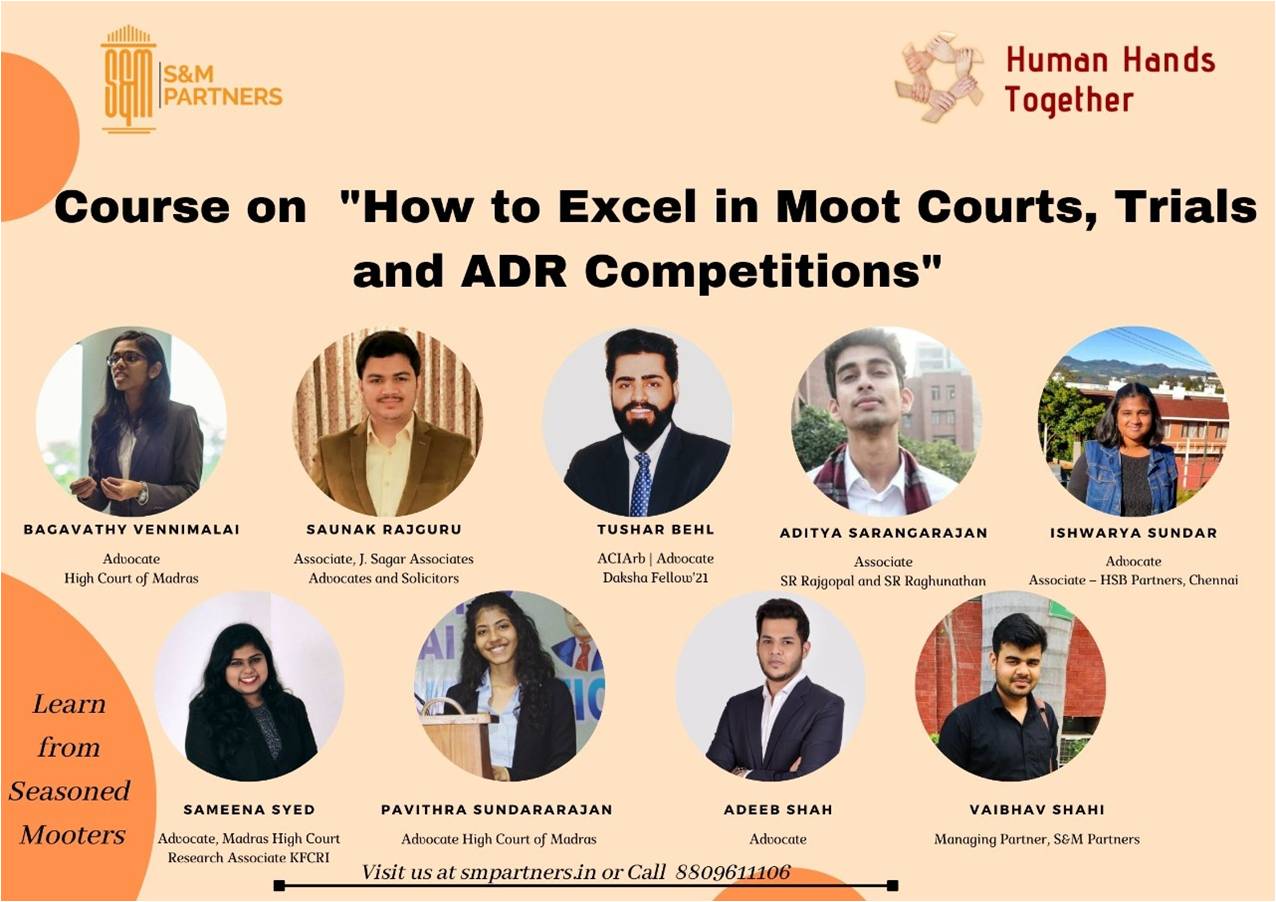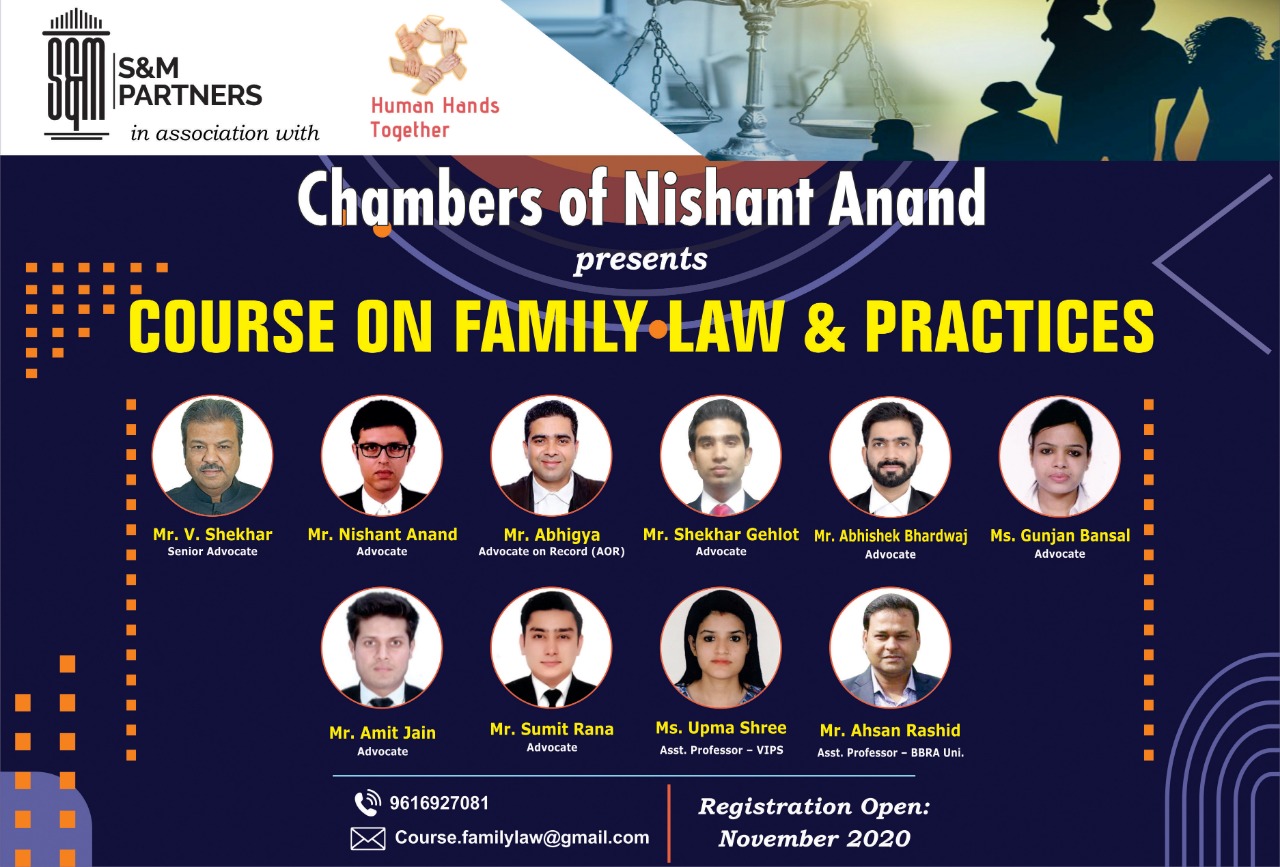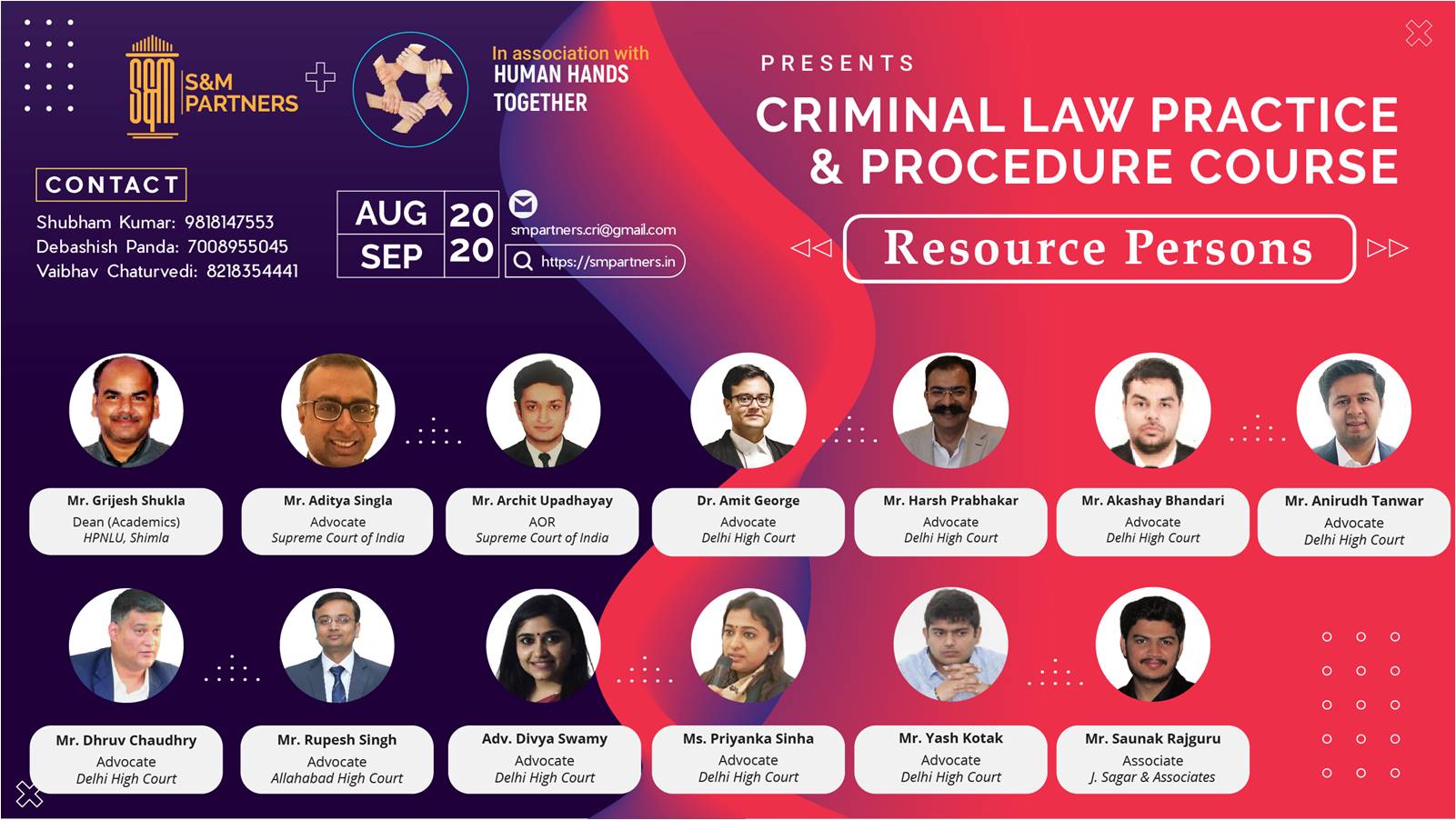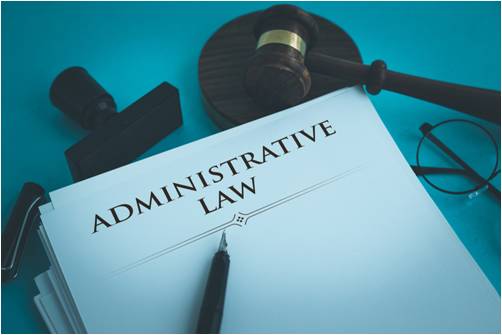
Administrative law is the body of law that governs the activities of administrative agencies of government. Government agency action can include rule making, adjudication, or the enforcement of a specific regulatory agenda. It is considered a branch of public law.

Alternative Dispute Resolution (ADR) is a term used to describe several different modes of resolving legal disputes. It is experienced by the business world as well as common men that it is impracticable for many individuals to file law suits and get timely justice.

The Banking Laws (Regulations) provide a framework for supervision and regulation of all banks. It also gives the RBI the power to grant licences to banks and regulate their business operation. FEMA is the primary exchange control legislation in India.

Constitutional law, body of rules, doctrines, and practices that govern the operation of political communities. Modern constitutional law is the offspring of nationalism as well as of the idea that the state must protect certain fundamental rights of the individual.

Consumer rights are the rights given to a "consumer" to protect him/her from being cheated by salesman / manufacturer. Consumer protection laws are designed to ensure fair trade competition and the free flow of truthful information in the marketplace.

The general law of contract is based on the conception, which the parties have, by an agreement, created legal rights and obligations, which are purely personal in their nature and are only enforceable by action against the party in default.

Corporate law (also known as company law) is the body of laws governing the rights, relations, and conduct of the persons, companies, organizations and businesses and other entities. It thus encompasses the formation, funding, governance, and death of a corporation.

The Code of Civil Procedure, 1908 is a procedural law related to the administration of civil proceedings in India. The Code is divided into two parts: the first part contains 158 sections and the second part contains the First Schedule, which has 51 Orders and Rules.

The Cr.P.C. is the main legislation on procedure for administration of substantive criminal law in India. It provides the machinery for the investigation of crime, apprehension of suspected criminals, collection of evidence, determination of guilt or innocence etc.

Cyber law is focused on the acceptable behavioral use of technology including computer hardware and software, the internet, and networks. Cyber law helps protect users from harm by enabling the investigation and prosecution of online criminal activity.

Drafting refers to the act of writing legal documents including pleadings and conveyances. The key feature of drafting is that it presents a brief knowledge about the significant facts of the situation or issue. Drafting demands a lot of skills combined with patience from the advocates.

Environmental law is the collection of laws, regulations, agreements and common law that governs how humans interact with their environment. Its purpose is to protect the environment and create rules for how people can use natural resources.

The law of evidence, also known as the rules of evidence, encompasses the rules and legal principles that govern the proof of facts in a legal proceeding. These rules determine what evidence must or must not be considered by the trier of fact in reaching its decision.

In India since Family Law is a mix of secular law i.e. law which applies regardless of a person's religion or community, and personal laws i.e. laws which apply based on a person's religion or community. Family law includes Hindu Law, Muslim Law, Secular Law etc.

Human beings are born equal in status, dignity, and rights. Human rights are those minimal rights, which every individual must have against the State, or other public authority, by virtue of his being a 'member of human family' irrespective of any consideration.
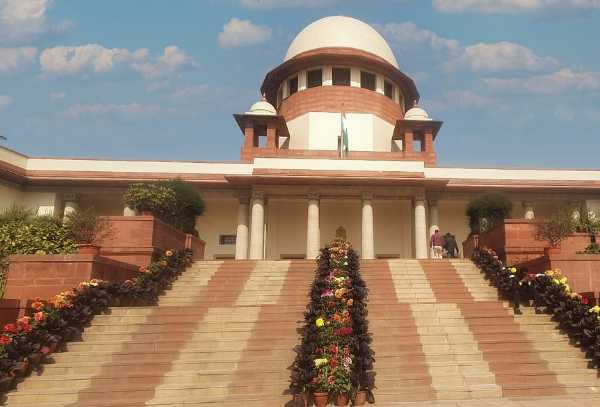
The Indian judicial system follows the common law system based on recorded judicial precedents as inherited from the British colonial legacy. The court system of India comprises the Supreme Court of India, the High Courts and subordinate courts at district levels.

The objective of this Act is to provide a general penal code for India. Though not the initial objective, the Act does not repeal the penal laws which were in force in the form of energy at the time of coming into force in India. The IPC of 1860 is sub-divided into 23 chapters.

Insurance law is the practice of law surrounding insurance, including insurance policies & claims. It can be broadly broken into three categories - regulation of the business of insurance, regulation of the content of insurance policies, and regulation of claim handling.

International law is a system of treaties and agreements between nations that governs how nations interact with other nations, citizens of other nations, and businesses of other nations. International law typically falls into two different categories.
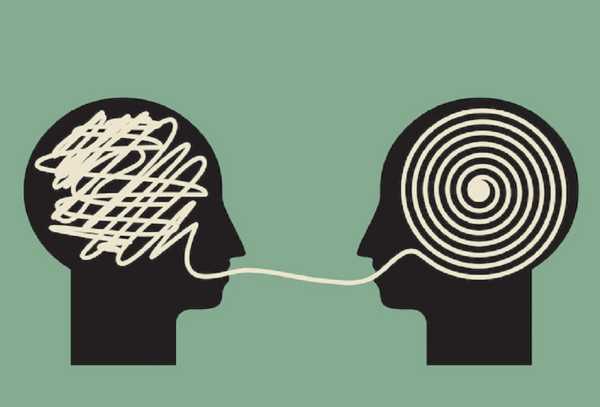
Interpretation is the correct understanding of the law. This process is commonly adopted by the courts for determining the exact intention of the legislature. Its purpose is to clarify the meaning of the words used in the statutes which might not be that clear.
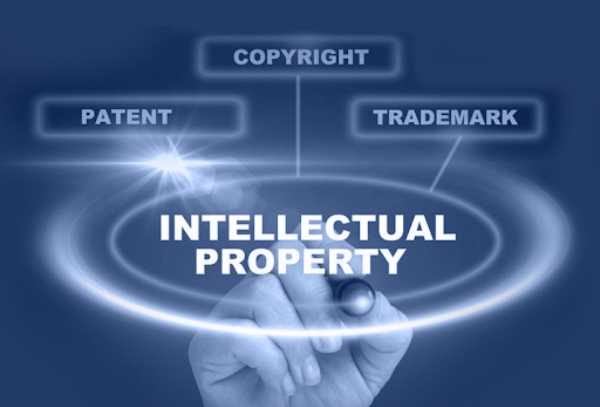
Intellectual property rights are the rights given to persons over the creations of their minds. They usually give the creator an exclusive right over the use of his/her creation for a certain period of time. It includes patents, copyright, industrial design rights, trademarks etc.

Jurisprudence, or legal theory, is the theoretical study of law. Scholars of jurisprudence seek to explain the nature of law in its most general form and provide a deeper understanding of legal reasoning, legal systems, legal institutions, and the role of law in society.

Labour law, (also known as employment law) the varied body of law applied to such matters as employment, remuneration, conditions of work, trade unions, and industrial relations. In its most comprehensive sense, the term includes social security and disability insurance as well.

Land law is the form of law that deals with the rights to use, alienate, or exclude others from land. These kinds of property are distinct from personal property. Land use agreements, including renting, are an important intersection of property and contract law.
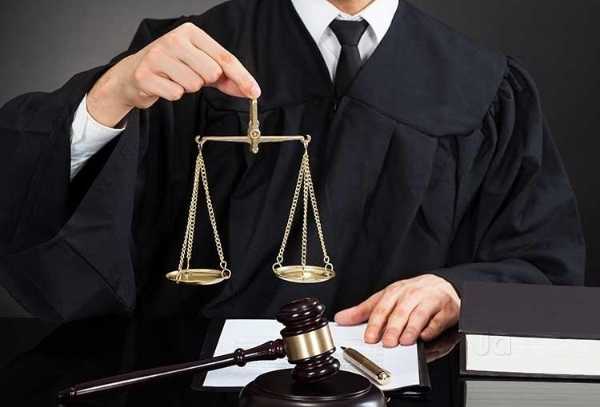
Legal profession is a profession, and legal professionals study, develop and apply law. In Indian, there is a requirement for someone choosing a career in law to first obtain a law degree or some other form of legal education and then enroll as an Advocate.

The 'Law of Limitation' prescribes the time-limit for different suits within, which an aggrieved person can approach the court for redress or justice. The very first Limitation Act was enacted for all courts in India in 1859 and finally took the form of Limitation Act in 1963.

Media law refers to the legal regulation of culture, entertainment, advertising, broadcasting, telecommunications and generally anything relating to digital and analogue media. This can include books, video, audio, photographs, graphics, & other content.
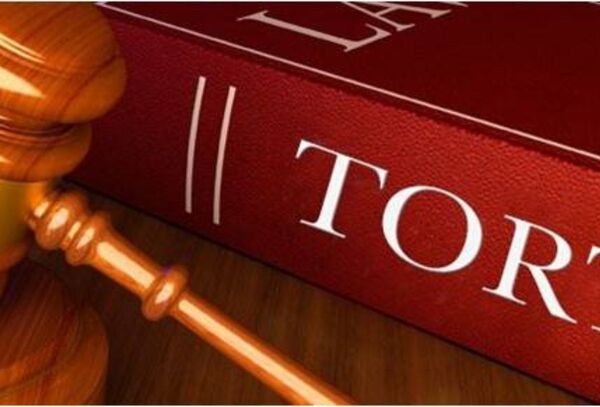
A tort, in common law jurisdiction, is a civil wrong that causes a claimant to suffer loss or harm, resulting in legal liability for the person who commits the tortious act. It can include negligence, financial losses, injuries, invasion of privacy, and many other things.

Transfer of property means an act by which a living person conveys property, in present or in future, to one or more other living persons, or to himself, and one or more other living persons; and “to transfer property” is to perform such act. The Transfer of Property Act 1882 came into force on 1 July 1882.

The Ministry of Women and Child Development has been administering various special laws relating to women such as 'The Protection of Women from Domestic Violence Act, 2005', , 'The Indecent Representation of Women (Prohibition) Act, 1986', 'Juvenile Justice Act, 2015'.
We are always ready to receve contribution from you for this E-Library. For that, please contact us at humanhandstogether@gmail.com


